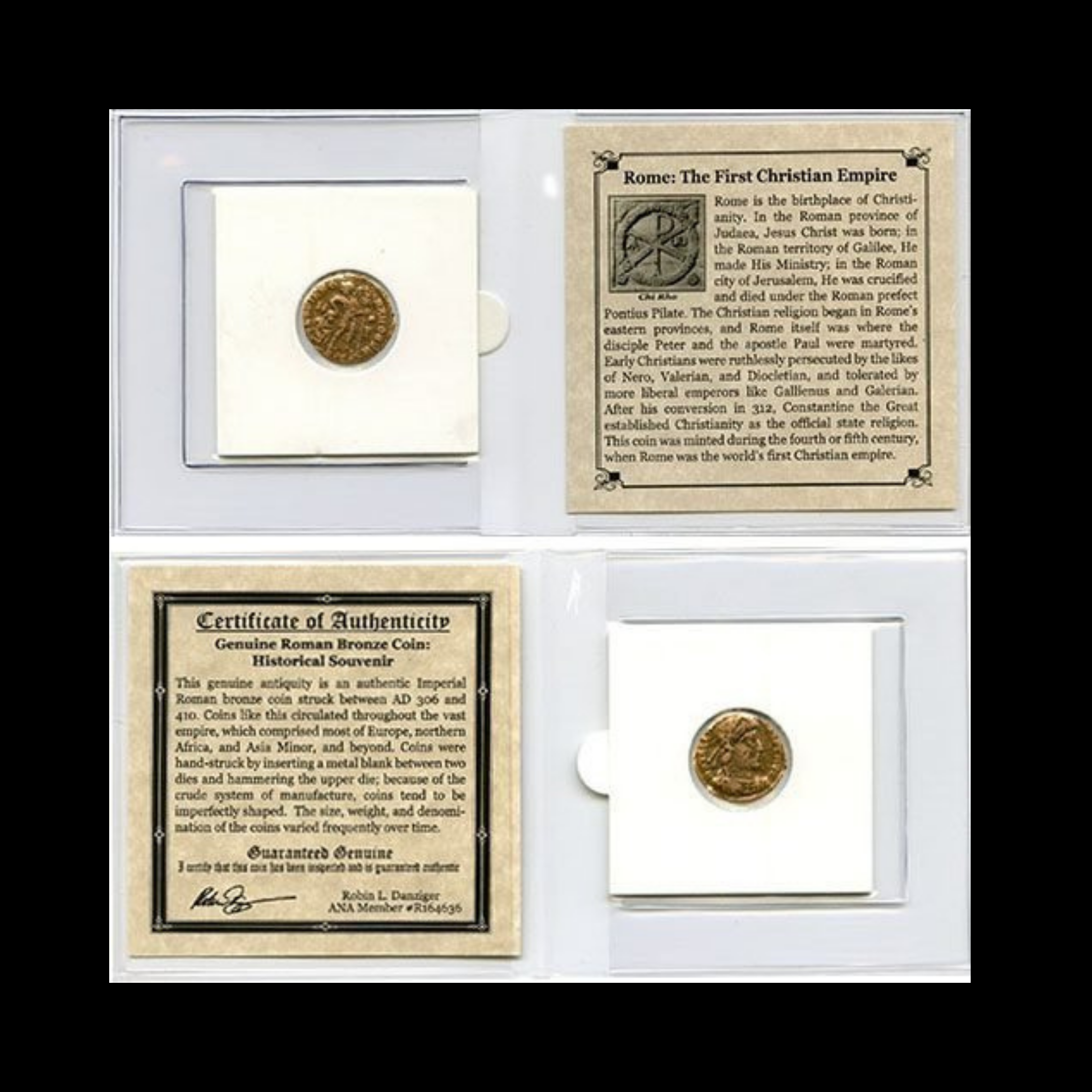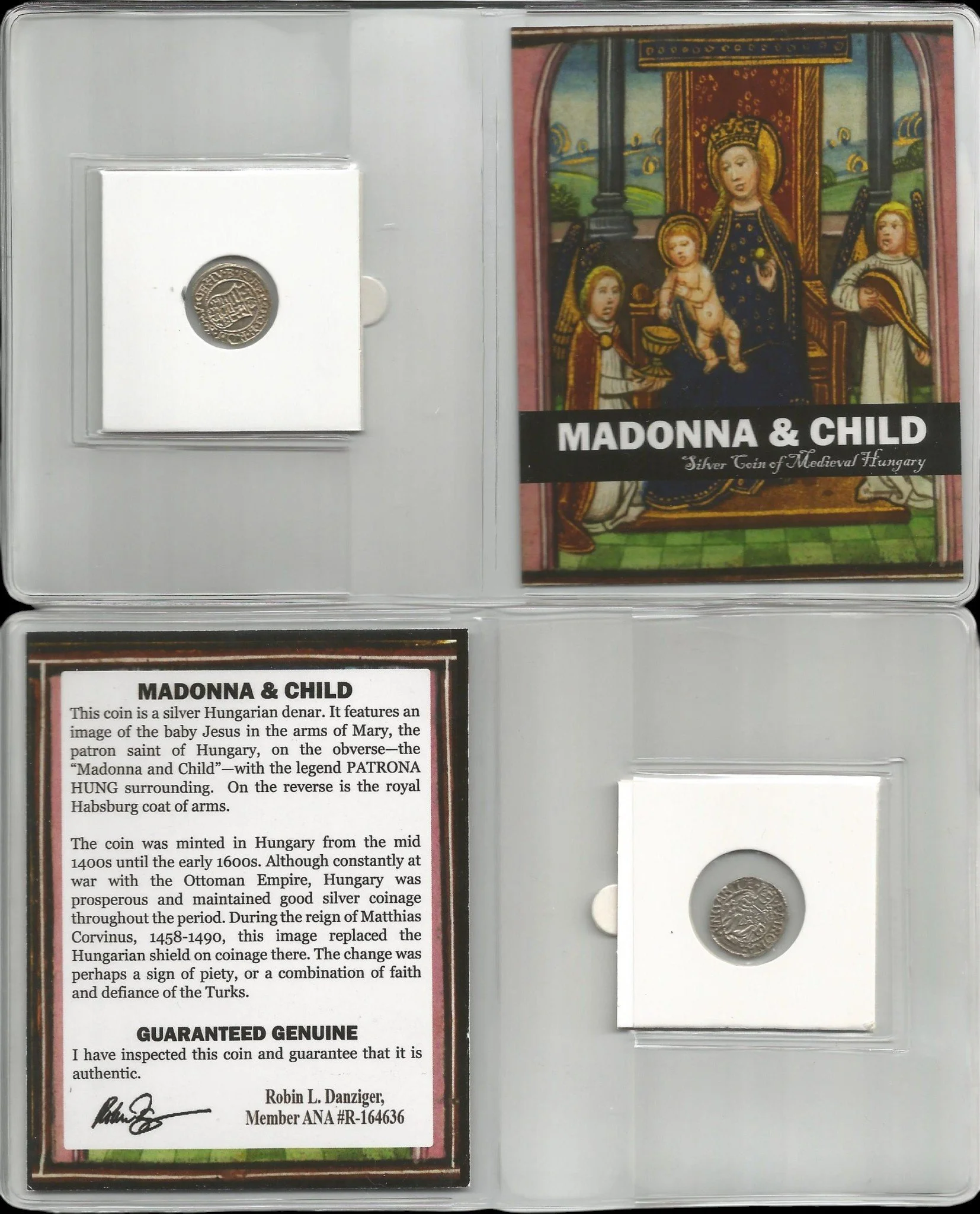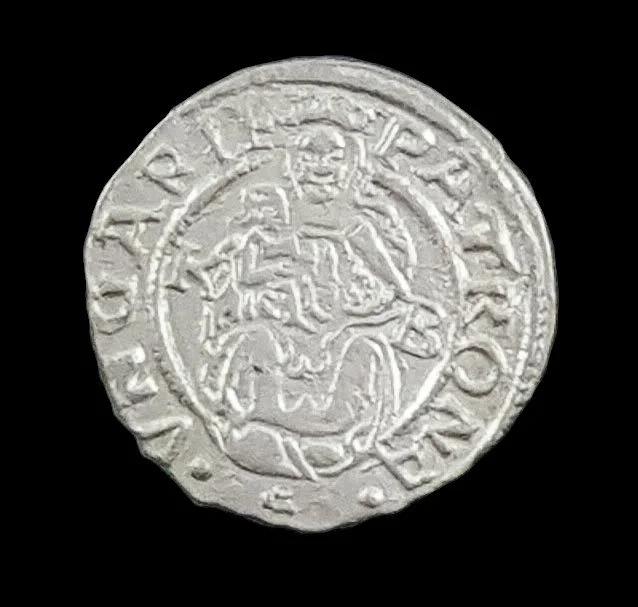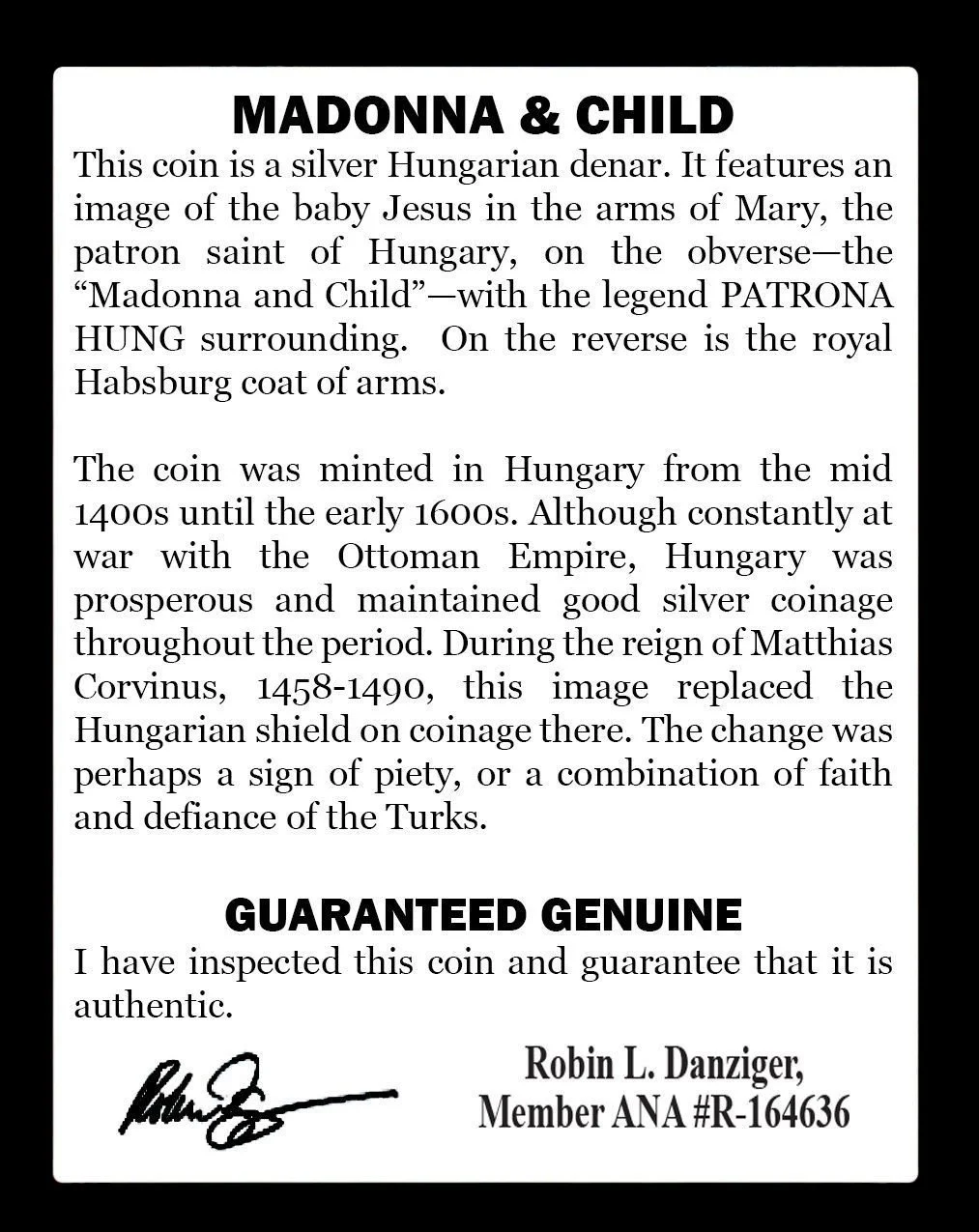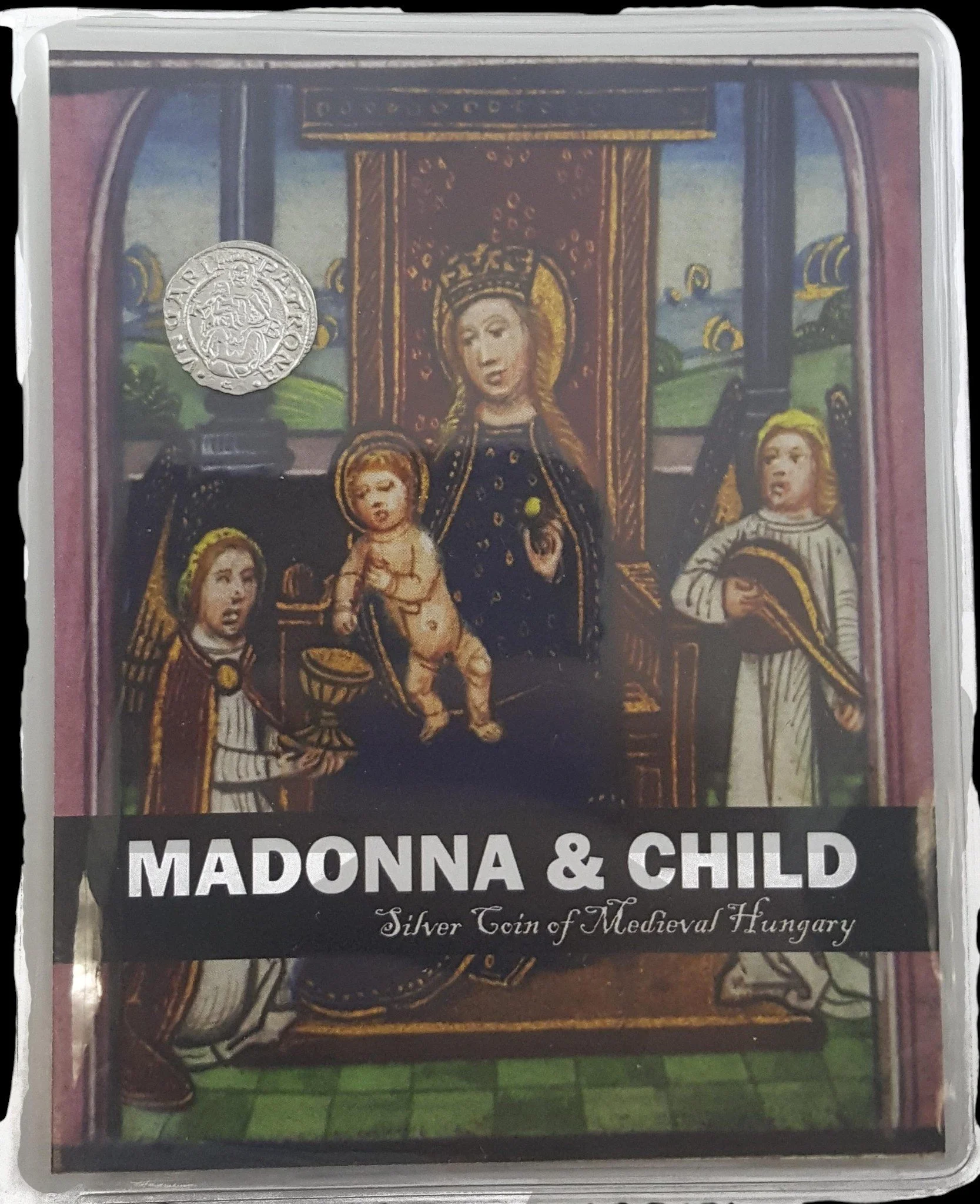 Image 1 of 3
Image 1 of 3

 Image 2 of 3
Image 2 of 3

 Image 3 of 3
Image 3 of 3




Bronze Coin of the Seleucid Dynasty – Legacy of Alexander’s Successors (3rd–1st Century BC)
Bronze Coin of Ancient Greece – Seleucid Kingdom
This mini album features an authentic bronze coin from the Seleucid Kingdom, a powerful Hellenistic dynasty that rose in the aftermath of Alexander the Great’s conquests.
Historical Significance:
Founded in 312 BC by Seleucus I Nicator, one of Alexander’s generals, the Seleucid Empire stretched from the Mediterranean to Central Asia, ruling over diverse peoples and cultures. Its rulers established great cities, such as Antioch and Seleucia-on-the-Tigris, and maintained a vibrant blend of Greek and Eastern traditions.
The coinage of the Seleucids reflected their dual identity: Greek gods, kings, and symbols appeared alongside influences from the lands they governed. These coins not only facilitated trade but also served as powerful tools of royal propaganda, reinforcing the legitimacy of the dynasty across a vast and multicultural empire.
This bronze coin, struck more than two millennia ago, is a genuine artifact of that era—an enduring link to the Hellenistic age when Greek culture spread far beyond the Aegean, shaping the history of the Middle East for centuries to come.
Bronze Coin of Ancient Greece – Seleucid Kingdom
This mini album features an authentic bronze coin from the Seleucid Kingdom, a powerful Hellenistic dynasty that rose in the aftermath of Alexander the Great’s conquests.
Historical Significance:
Founded in 312 BC by Seleucus I Nicator, one of Alexander’s generals, the Seleucid Empire stretched from the Mediterranean to Central Asia, ruling over diverse peoples and cultures. Its rulers established great cities, such as Antioch and Seleucia-on-the-Tigris, and maintained a vibrant blend of Greek and Eastern traditions.
The coinage of the Seleucids reflected their dual identity: Greek gods, kings, and symbols appeared alongside influences from the lands they governed. These coins not only facilitated trade but also served as powerful tools of royal propaganda, reinforcing the legitimacy of the dynasty across a vast and multicultural empire.
This bronze coin, struck more than two millennia ago, is a genuine artifact of that era—an enduring link to the Hellenistic age when Greek culture spread far beyond the Aegean, shaping the history of the Middle East for centuries to come.


